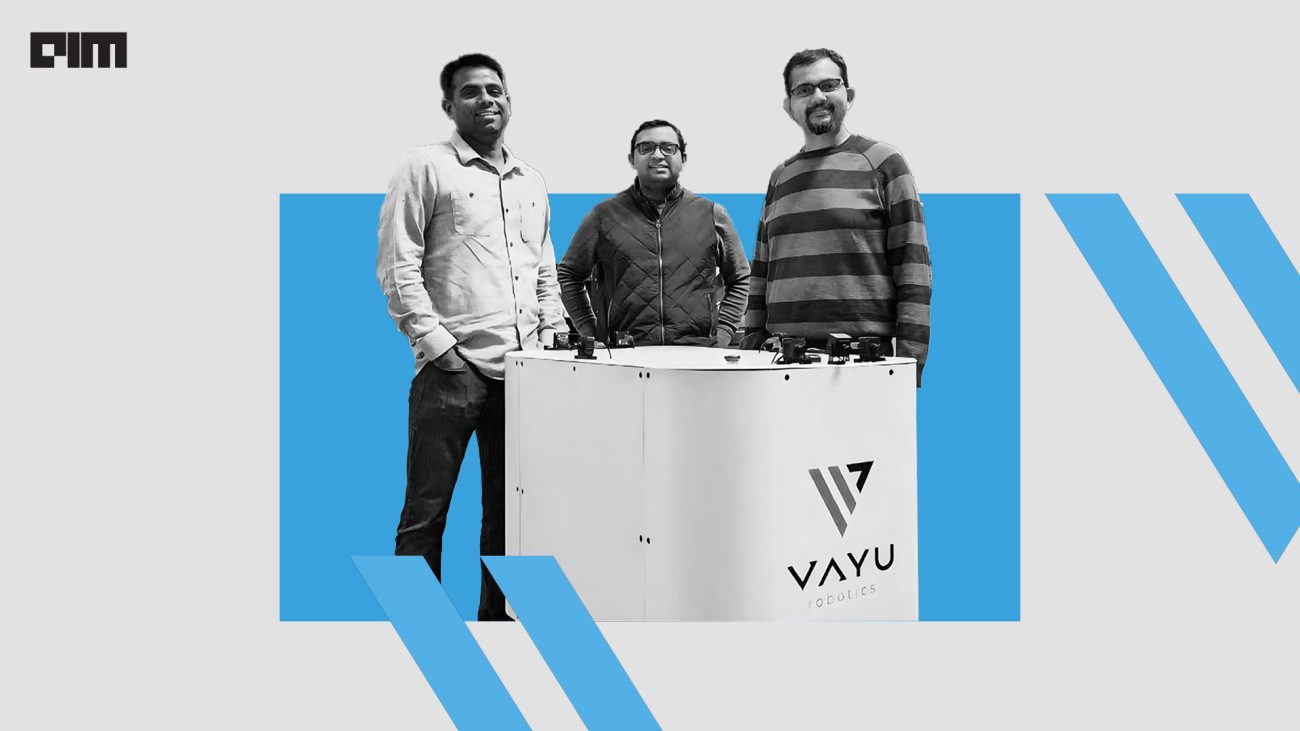The HALO Trust, a humanitarian landmine clearance organisation, will pilot AI and machine learning to aid its work in Ukraine as part of a new $4 million package of support from Amazon Web Services (AWS).
The AWS investment will enable HALO to trial AI to assist in detecting debris of war, including landmines and other explosives, in drone imagery for existing minefields and battlefields in Ukraine.
It will also help automate how HALO uses satellite imagery to detect damaged buildings and signs of human activity near battlegrounds and minefields, allowing prioritisation of areas for clearance.
“We are delighted to be collaborating with AWS in our life-saving work, and to leverage their robust technological expertise and computing power to more efficiently and precisely identify and clear contaminated land,” said James Cowan, HALO’s CEO.
So far, HALO has flown 542 drone flights over Ukraine’s minefields, collecting 11 terabytes of data, with more being added daily. The pilot project is expected to begin trialling drone imagery analysis using AI in the coming months.
Satellite and drone imagery is essential for HALO to broadly survey huge swaths of land so its 11,000+ global staff can effectively pinpoint areas needing meticulous clearance by hand or machine. Ukraine is one of the countries where HALO collects massive amounts of high-resolution drone imagery capable of AI analysis to expedite the detection of war debris, including landmines.
Training AI to identify explosive remnants of war with drone imagery requires manually labelling thousands of images so algorithms can learn to survey minefields more efficiently than humans. It also requires ongoing vetting and validation by trained HALO personnel to improve model accuracy.
AI To Solve Global Crisis
“Technology, and in this case, AI specifically, has enormous potential to help solve major global challenges, and we’re looking forward to working with HALO by enabling them to better harness the power of the satellite and drone imagery they are collecting to accelerate the clearing process,” said Dave Levy, VP for Worldwide Public Sector at AWS.
The AWS support includes credits enabling HALO to significantly leverage AWS cloud computing infrastructure globally and train staff on its use. AWS is now powering HALO’s critical systems including its Global Operations Information Management System, Geographic Information Systems, drone and satellite imagery processing, and AI/machine learning models.
HALO is also using AWS to run AI algorithms on satellite imagery to identify damaged buildings, power its open-source mapping project in Ukraine, and host its business intelligence tools. This grant enables these technologies to be run in more countries at greater scale, enriching operational decision-making and saving lives.
The HALO Trust, founded in Afghanistan in 1988, employs over 11,000 women and men in more than 30 countries in landmine/munition clearance, risk education, and weapons/ammunition storage. Clearing landmines is a painstaking process, with most work done by hand, but sometimes machines are more practical depending on the terrain and debris.
From land surveyed so far, traditional mine clearance methods could take up to 20 years in Ukraine, but increased capacity, resources, technology and new methods could cut that time by two-thirds. An estimated 470,000 hectares of prime agricultural land in Ukraine is contaminated with landmines.
HALO works in partnership with the communities it serves, employing local men and women to create jobs and help families recover. Once mines are cleared, minefields become crop fields, battlefields become playgrounds, and life begins again as fear turns to hope.
































